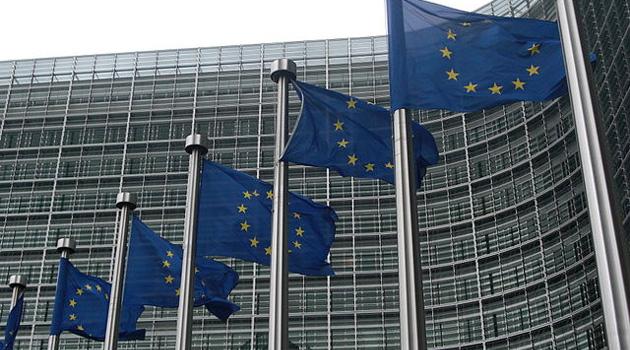Does the European Platform for Roma Inclusion impact Roma in the Czech Republic?

At the start of this week the ninth session of the European Platform for Roma Inclusion convened in Brussels. The Platform has reviewed basic problems with the integration of the Romani minority throughout the EU since 2009, focusing on addressing integration policies in the EU Member States.
What influence can the Platform have on specific areas and events in the Czech Republic? News server Romea.cz asked several experts for their opinions.
"Sessions of the Platform have a big influence on how the Czech Republic behaves. Without the European Commission, integration could not be implemented, the EU’s financial options and resources are enormous. Thanks to these sessions, Romani nonprofits have succeeded, for example, in leading the Commission toward the decision to initiate infringement proceedings against the Czech Republic over the discrimination of Romani children in the Czech education system. The pressure the European Commission places on the states in the area of inclusion is important," said Michal Miko of the NGO Slovo 21, who participated in this year’s session of the Platform.
David Beňák, head of the Prague 14 Department of Health and Social Affairs, is more cautious about the Platform’s impact. "It certainly is important that these matters are summarized during the sessions, what has been done and what hasn’t – it’s good for review, and it is significant for certain actors, but it doesn’t have a pure impact, nor should anyone expect it to. The Platform is more significant to the very concept of the European Union than it is significant to the Member States. However, it has helped to open up these topics at the European Union level," he said.
Cyril Koky, Coordinator for Romani Affairs and the Integration of Foreign Nationals at the Central Bohemian Regional Authority views the situation in a similar light. "It’s good that the Member States meet to discuss what has succeeded in this area and what hasn’t. Nevertheless, I do not believe that such meetings influence the lives or the positions of Romani communities in the Czech Republic or anywhere else in Europe in any basic way. Brussels will not solve everything for us, we must work intensively to solve this problem here at home, primarily through the Government and the various ministries," he said.
Čeněk Růžička, chair of the Committee for the Redress of the Roma Holocaust in the Czech Republic, reflected on the roles played by specific delegates to the Platform. "The Platform for Roma Inclusion is significant, but what is more important is the selection of the individual delegates to the Platform by the Member States – what kinds of resolutions they bring to the negotiations, what experience they have with addressing the situation in their own countries, how courageously they are able to present their opinions," he said.
"The declared political obligation by the Member States to implement policies aiming to improve the situation of Romani people is not concrete enough for my taste. My understanding is that this is just declaratory, that it’s not at the level of materials that would represent an enforceable obligation. Perhaps it’s just operating at the moral level, but that is actually not enough for such a serious issue as addressing the situation of Romani people. We’ll see how the various participants, primarily from the civic initiatives, keep track of this declared political obligation at the moral level and how they will eventually enforce the upholding of this obligation," Růžička said.
Political scientist Edita Stejskalová sees the impact of European institutional activities in general on the Czech Republic as considerable. As an example, she echoed Miko’s reference to the "infringement proceedings" by the European Commission against the Czech Republic over the discrimination of Romani children in education.
"Thanks to this, a debate has opened up here unlike anything we have ever seen. The possibility of change has opened up, of entering into this process. Thanks to that, paragraph 16 of the Schools Act on the education of children, pupils and students with special educational needs has been removed from the law. European Union pressure has been effective and is significant," Stejskalová said.
Miko also described the way in which participants in the Platform negotiate during the session: "The European Commission has changed the overall concept of the Roma Platform to be more participatory as far as civil society is concerned. During the first day of the session, everyone was able to give their ideas or opinions, and the representatives of the European Commission or any given given state responded to them. Moreover, it must be said that the Commission this time, for the first time since the Platform was convened, was unafraid to use the term ‘antigypsyism’, to openly discuss this phenomenon, and was also unafraid to criticize the Member States."